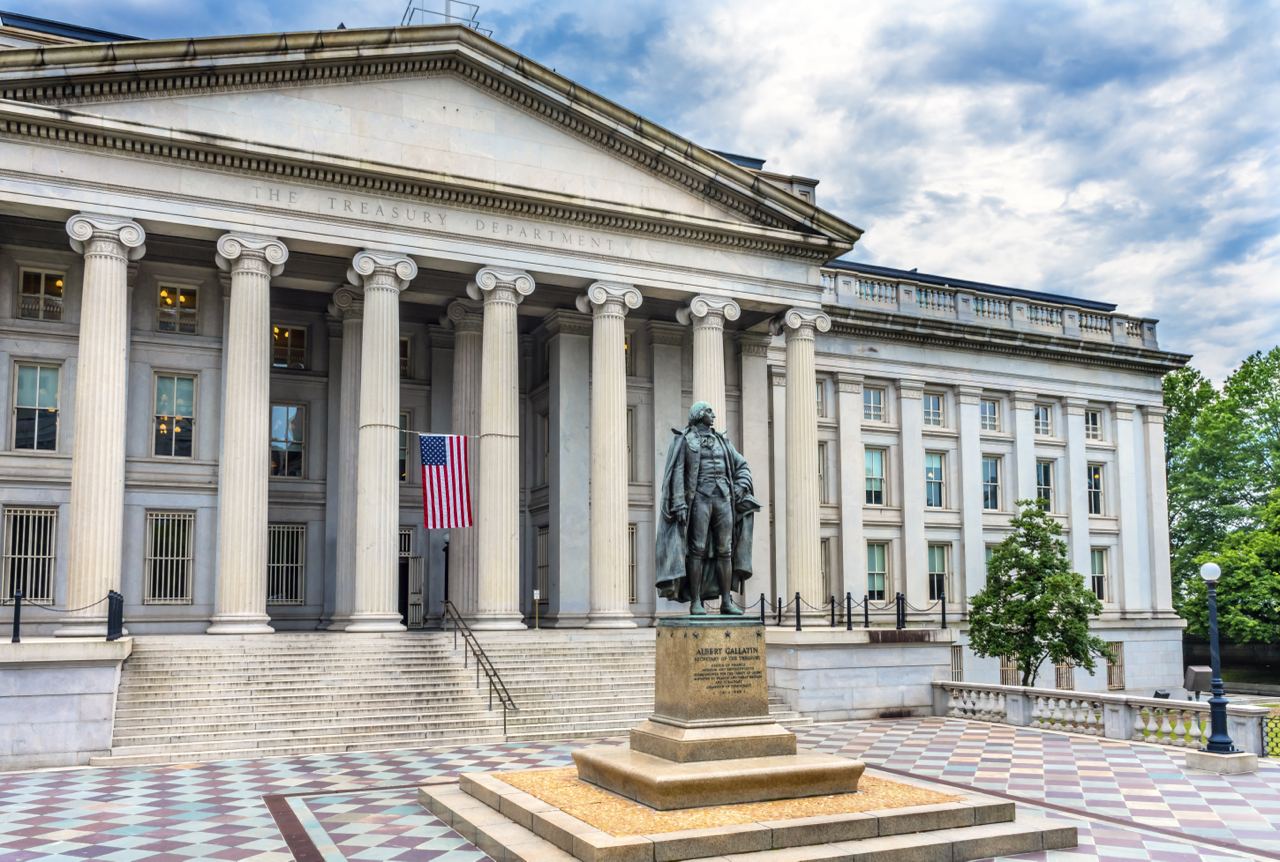Join us on Twitter or Telegram
The United States Treasury Department is the latest federal agency to share proposals on regulating cryptocurrencies as part of the country’s ongoing initiatives to roll out common laws for the sector.
The department published an international crypto regulation framework on July 7 detailing how the U.S. domestic financial values should be respected alongside protections for businesses and consumers engaging in the crypto sector.
According to the fact sheet, cryptocurrencies should be regulated to minimise the possible use of digital assets in crime. Additionally, the agency notes that regulated cryptocurrencies can promote financial inclusion and drive innovations.
The department under Secretary Janet Yellen noted that the U.S should leverage its global position in the financial markets to engage with partners in designing the framework for the crypto sector.
“The United States must continue to work with international partners on standards for the development of digital payment architectures and central bank digital currency (CBDC) to reduce payment inefficiencies and ensure that any new payment systems are consistent with U.S. values and legal requirements,” the fact sheet said.
Under an ideal framework, the Treasury wants the U.S. to push for uniformity with global partners by ensuring a “coordinated message, limit duplication and encourage that work is maintained within its primary stakeholders.”
Elsewhere, the publication stated that the U.S. would continue holding engagements and forums to build on the fact sheet designed as part of President Joe Biden’s Executive Order to federal agencies on developing digital currencies.
In particular, G7 member states will be among the key players in the framework’s design. Most specifically, the countries will delve into improving payment systems and define the role of public and private sectors in payments.
Other identified partners include the G20 nations, the Financial Stability Board and Organization for Economic Cooperation and Development (OECD).
Since the order by President Biden, several agencies have presented their views on how to regulate the growing sector. As reported by Finbold, U.S. credit unions are opposed to the rollout of central bank digital currency, stating that it’s costly and other superior alternatives exist in the market.
Notably, the Treasury Department favours a CBDC that upholds the value of the U.S. monetary system.
Join us on Twitter or Telegram
Or follow us on Flipboard
Like the article? Vote up or share on your social media
Weekly Finance Digest
Check your inbox or spam folder to confirm your subscription.
By subscribing you agree with Finbold T&C’s
Justin crafts insightful data-driven stories on finance, banking, and digital assets. His reports were cited by many influential outlets globally like Forbes, Financial Times, CNBC, Bloomberg, Business Insider, Nasdaq.com, Investing.com, Reuters, among others.
Copyright © 2019-2022
Finbold.com
Weekly Finance Digest
Check your inbox or spam folder to confirm your subscription.
By subscribing you agree with Finbold T&C’s
DISCLAIMER WARNING: The content on this site should not be considered investment advice. Investing is speculative. When investing your capital is at risk. This site is not intended for use in jurisdictions in which the trading or investments described are prohibited and should only be used by such persons and in such ways as are legally permitted. Your investment may not qualify for investor protection in your country or state of residence, so please conduct your own due diligence. This website is free for you to use but we may receive commission from the companies we feature on this site.
Or copy link

